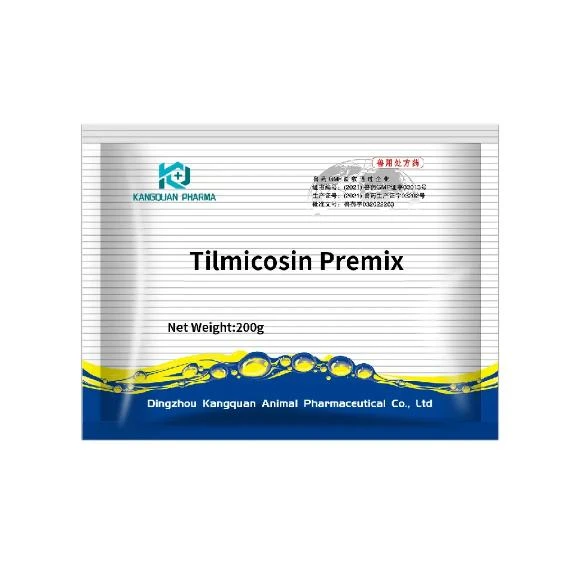- Afrikaans
- Albanian
- Amharic
- Arabic
- Armenian
- Azerbaijani
- Basque
- Belarusian
- Bengali
- Bosnian
- Bulgarian
- Catalan
- Cebuano
- Corsican
- Croatian
- Czech
- Danish
- Dutch
- English
- Esperanto
- Estonian
- Finnish
- French
- Frisian
- Galician
- Georgian
- German
- Greek
- Gujarati
- Haitian Creole
- hausa
- hawaiian
- Hebrew
- Hindi
- Miao
- Hungarian
- Icelandic
- igbo
- Indonesian
- irish
- Italian
- Japanese
- Javanese
- Kannada
- kazakh
- Khmer
- Rwandese
- Korean
- Kurdish
- Kyrgyz
- Lao
- Latin
- Latvian
- Lithuanian
- Luxembourgish
- Macedonian
- Malgashi
- Malay
- Malayalam
- Maltese
- Maori
- Marathi
- Mongolian
- Myanmar
- Nepali
- Norwegian
- Norwegian
- Occitan
- Pashto
- Persian
- Polish
- Portuguese
- Punjabi
- Romanian
- Russian
- Samoan
- Scottish Gaelic
- Serbian
- Sesotho
- Shona
- Sindhi
- Sinhala
- Slovak
- Slovenian
- Somali
- Spanish
- Sundanese
- Swahili
- Swedish
- Tagalog
- Tajik
- Tamil
- Tatar
- Telugu
- Thai
- Turkish
- Turkmen
- Ukrainian
- Urdu
- Uighur
- Uzbek
- Vietnamese
- Welsh
- Bantu
- Yiddish
- Yoruba
- Zulu
Nov . 10, 2024 12:55 Back to list
Applications and Benefits of Tylosin Injection in Veterinary Medicine
The Uses of Tylosin Injection in China A Comprehensive Overview
Tylosin injection is a widely used antibiotic in veterinary medicine, particularly in China, where it plays a crucial role in livestock health management. Derived from the bacterium Streptomyces fradiae, tylosin belongs to the class of macrolide antibiotics and is effective against a range of bacterial infections. Its primary application is in veterinary medicine, but its implications go beyond just treating diseases. This article delves into the various uses of tylosin injection in China, highlighting its benefits, applications, and considerations in animal husbandry.
1. Treating Respiratory Infections
One of the most significant uses of tylosin injection in China is for managing respiratory infections in livestock, especially in pigs and poultry. Respiratory diseases can severely impact animal health, leading to economic losses in the farming industry. Tylosin is effective against common pathogens causing pneumonia and other respiratory ailments, thus improving the recovery rate of infected animals. By promoting quicker recovery, tylosin helps ensure that livestock can return to optimal production levels sooner.
2. Controlling Gastrointestinal Disorders
Tylosin injection is also employed to treat gastrointestinal infections in animals. Enteritis and dysentery can hinder the growth and overall health of livestock, making tylosin a valuable tool in animal husbandry. By combating the specific bacteria causing these gastrointestinal issues, tylosin aids in reducing mortality rates and fosters better nutrient absorption. This is particularly important for young animals, where gastrointestinal health is crucial for growth and development.
3. Enhancing Growth Performance
In addition to therapeutic uses, tylosin is often utilized as a growth promoter in livestock production. Research has indicated that when administered at sub-therapeutic doses, tylosin can enhance feed efficiency and promote weight gain in animals. This application has garnered attention from farmers looking to maximize their productivity while ensuring the health of their livestock. However, the use of growth promoters, including antibiotics, has sparked debate regarding food safety and antibiotic resistance, leading to a reevaluation of practices in the industry.
china tylosin injection uses

4. Preventing Diseases in Farm Settings
In China, tylosin is frequently used as a preventative measure to control the outbreak of diseases in crowded farming environments. Livestock farming often involves high-density populations, which pose a significant risk for the rapid spread of infectious diseases. By incorporating tylosin into vaccination and health management protocols, farmers can mitigate the risks associated with disease outbreaks. This proactive approach not only protects animal health but also secures the economic viability of farming operations.
5. Safety and Considerations
While tylosin injection offers many benefits, it is essential to consider its use carefully. The rise of antibiotic-resistant bacteria is a significant concern in both veterinary and human medicine. Inappropriate or overuse of tylosin can contribute to the development of resistant strains, posing risks to animal and public health. Therefore, it is crucial for farmers and veterinarians to follow guidelines for tylosin administration, ensuring that it is used responsibly and only when necessary.
6. Regulatory Landscape
The regulation of tylosin and other antibiotics in veterinary medicine has become increasingly stringent in recent years. The Chinese government, like many other countries, has implemented measures to control the use of antibiotics in livestock to ensure food safety and reduce the risk of antibiotic resistance. These regulations impact how tylosin is prescribed and administered, emphasizing the importance of veterinary oversight in its application.
Conclusion
Tylosin injection is an essential tool in veterinary medicine, particularly in China, where it helps manage a variety of bacterial infections, enhance livestock performance, and prevent disease outbreaks. While its benefits are substantial, the associated risks, particularly concerning antibiotic resistance, necessitate careful consideration and responsible use. As the industry evolves, ongoing research and regulatory measures will play a critical role in ensuring the safe application of tylosin, balancing the needs of animal health with public health concerns. By adhering to established guidelines and promoting sustainable practices, the livestock industry in China can continue to thrive while safeguarding the health of both animals and consumers.
-
Guide to Oxytetracycline Injection
NewsMar.27,2025
-
Guide to Colistin Sulphate
NewsMar.27,2025
-
Gentamicin Sulfate: Uses, Price, And Key Information
NewsMar.27,2025
-
Enrofloxacin Injection: Uses, Price, And Supplier Information
NewsMar.27,2025
-
Dexamethasone Sodium Phosphate Injection: Uses, Price, And Key Information
NewsMar.27,2025
-
Albendazole Tablet: Uses, Dosage, Cost, And Key Information
NewsMar.27,2025













